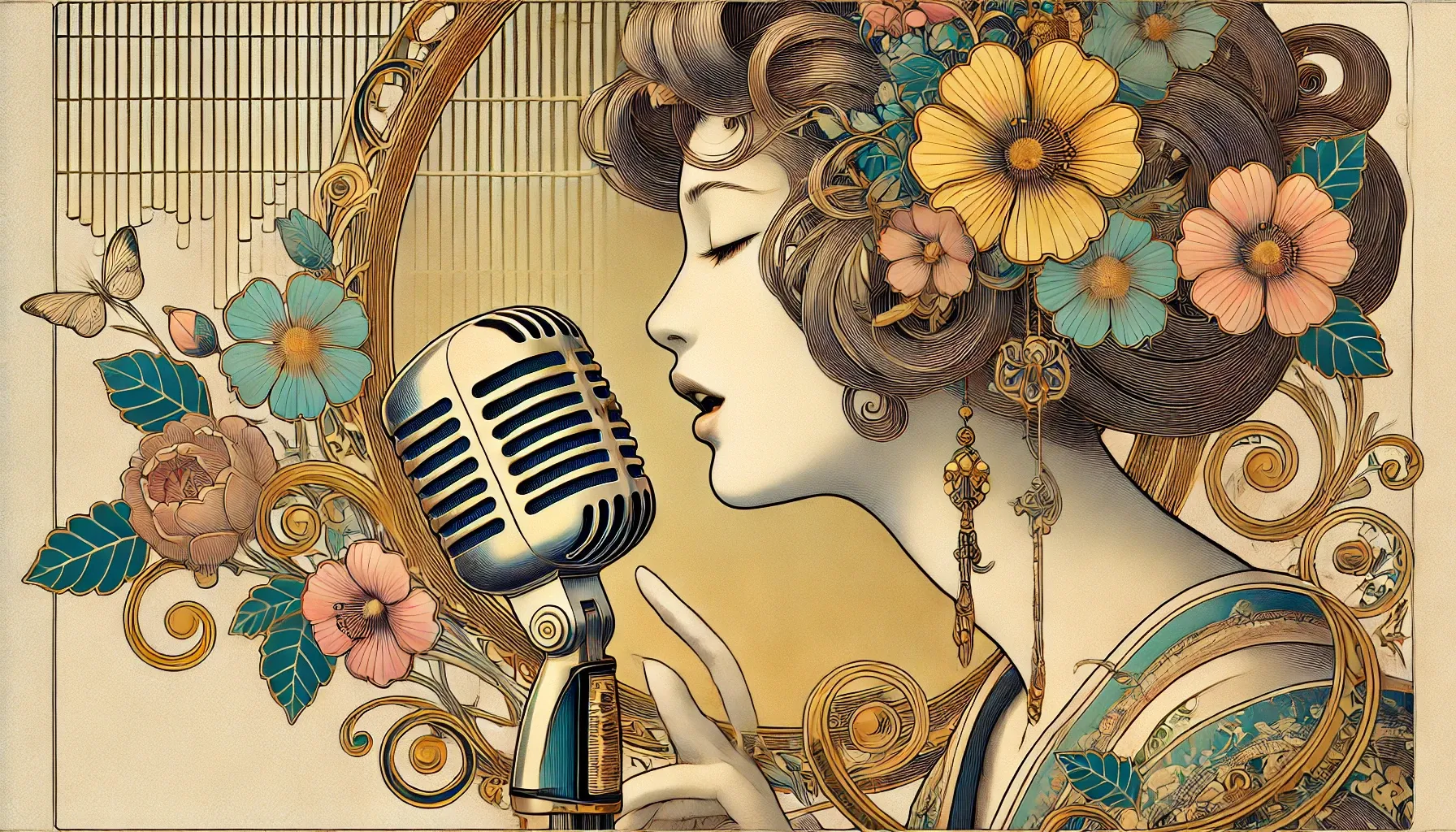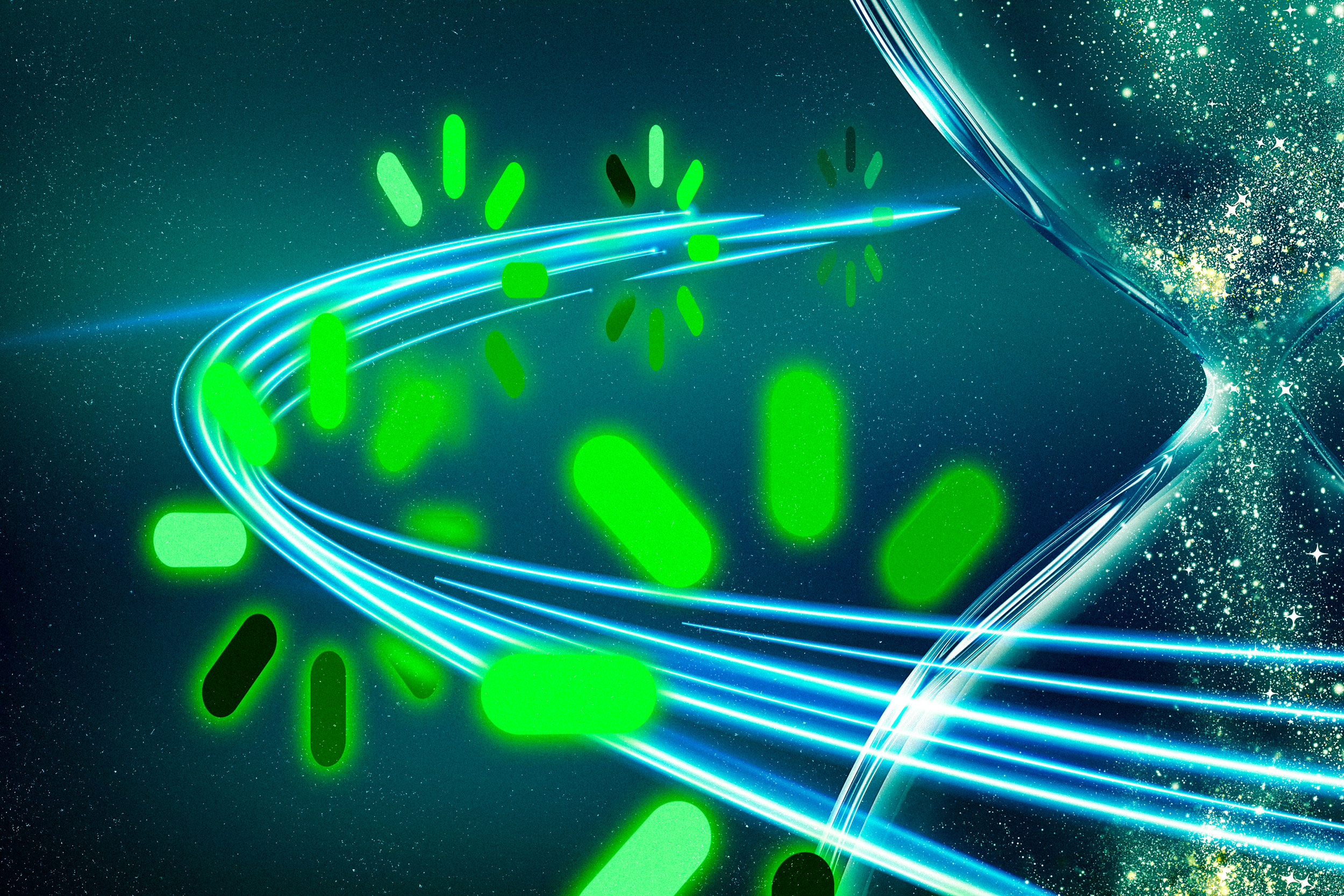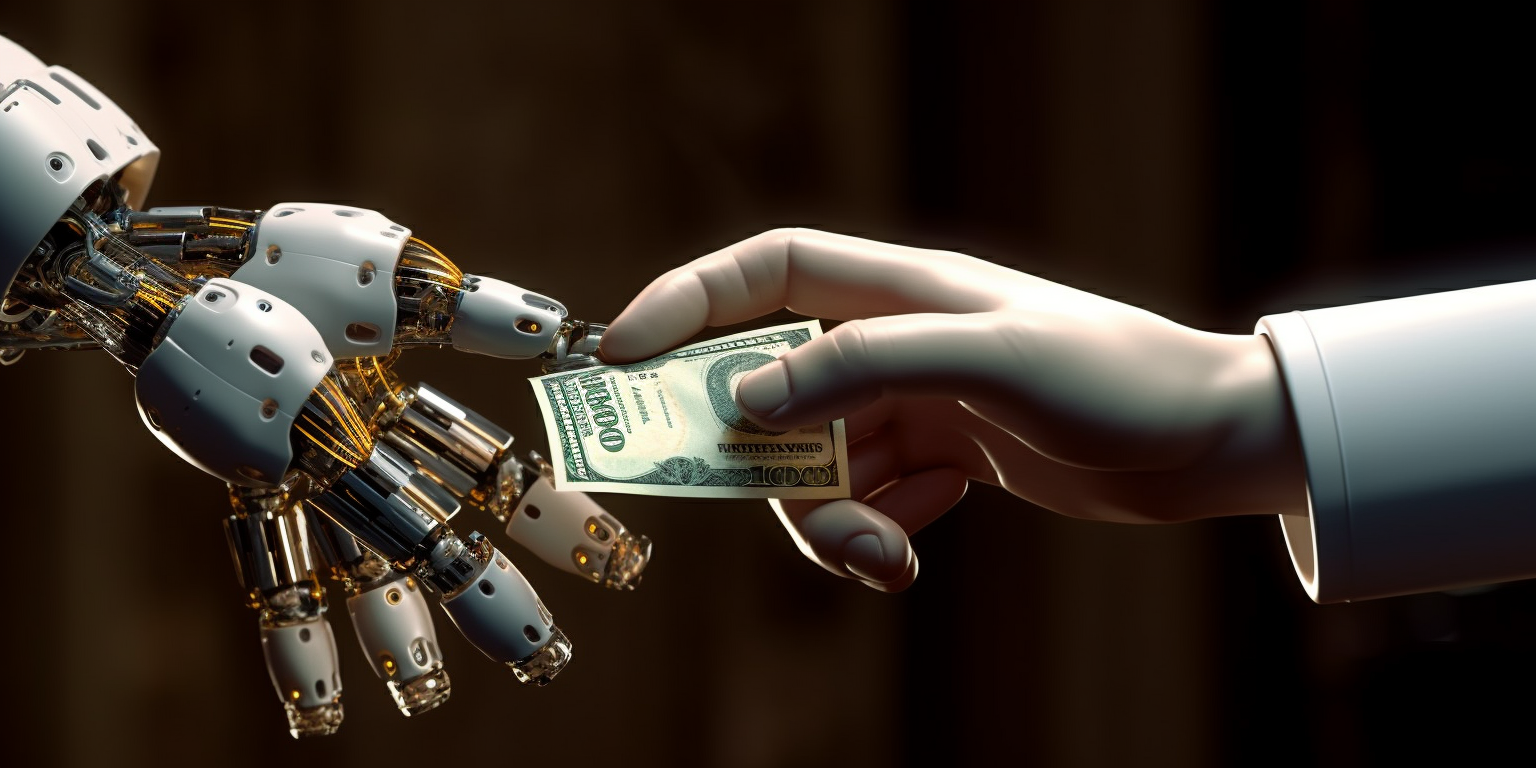Musicians Composing with AI is becoming a thing
Learn how artists are using AI-Generated music in their work


AI-generated music is reshaping the music industry, allowing artists to explore new creative possibilities. In this article, we’ll dive into how musicians are leveraging AI-generated music, the perks and challenges it brings, and what the future might hold for this technology.
What is AI-Generated Music?
AI-generated music involves using artificial intelligence algorithms to analyze existing compositions and create new pieces based on learned patterns and structures. While this technology has been around for a while, recent strides in machine learning have made it possible to produce high-quality music that sounds remarkably human (NPR, 2024).
How Are Artists Using AI-Generated Music?
Artists are finding innovative ways to use AI-generated music, from overcoming creative blocks to producing entire albums. For instance, The Beatles utilized AI to refine John Lennon's vocals from a poor-quality 1970s recording, bringing the song "Now and Then" to life (NPR, 2024). Nashville singer-songwriter Mary Bragg mentioned that some of her peers use ChatGPT to push through writer’s block (NPR, 2024). Additionally, Grimes has launched GrimesAI, an AI-generated version of her voice, allowing fans and creators to use her vocal likeness in their own original material (Billboard, 2023). This project, developed in collaboration with CreateSafe and TuneCore, has sparked significant interest and debate within the music industry.
Benefits of AI-Generated Music
The primary benefit of AI-generated music is its ability to save time and effort for artists. It allows musicians to quickly generate ideas and experiment with different sounds and styles without extensive trial and error. Furthermore, AI-generated music can be effectively used in commercial settings, such as creating background music for videos and advertisements (IP and Media Law, n.d.).
Challenges of AI-Generated Music
Despite its advantages, AI-generated music faces significant challenges, particularly regarding copyright and ownership. Determining who holds the rights to a song created by AI remains a contentious issue. Some argue that such music is a derivative work, while others see it as fair use (IP and Media Law, n.d.). The introduction of GrimesAI has further intensified these debates, as it raises questions about authorship and the distribution of royalties.
The Future of AI-Generated Music
As AI technology progresses, it’s likely that more artists will experiment with AI-generated music. Some experts believe this trend could significantly disrupt the traditional music industry (Neuroscience of, n.d.). However, others argue that AI-generated music will never fully replace human creativity and will always be viewed as secondary to human-made music (Y Combinator, n.d.). Grimes' initiative with GrimesAI represents a bold step towards democratizing access to AI-generated music, potentially inspiring other artists to explore similar ventures.
Conclusion
AI-generated music is a fast-evolving field that is transforming how artists create music. While it offers numerous benefits and presents some challenges, it’s clear that AI-generated music is here to stay. As the music industry continues to adapt to this technology, we can expect to hear more innovative and unique sounds.
References
- NPR. (2024, April 25). Generative AI in music: 4 big questions, answered. Retrieved from https://www.npr.org/2024/04/25/1246928162/generative-ai-music-law-technology
- Neuroscience of. (n.d.). When Generative-AI creates Great Music, What Happens to Human Creativity? Retrieved from https://www.neuroscienceof.com/human-nature-blog/generative-ai-music-composition-human-creativity
- Y Combinator. (n.d.). Google's advanced music generation model and two new AI... Retrieved from https://news.ycombinator.com/item?id=38287043
- IP and Media Law. (n.d.). AI-Generated Music: The Biggest Impact on the Music Industry Since Napster. Retrieved from https://ipandmedialaw.fkks.com/post/102iddr/ai-generated-music-the-biggest-impact-on-the-music-industry-since-napster
- Emb Global. (n.d.). Generative AI Unveiled: Mastering Artificial Creativity Secrets. Retrieved from https://blog.emb.global/understanding-generative-ai/
- Billboard. (2023). AI Grimes Songs to Be Distributed By TuneCore. Retrieved from https://www.billboard.com/business/tech/ai-grimes-songs-distributed-tunecore-1235351841/



.jpg)


















